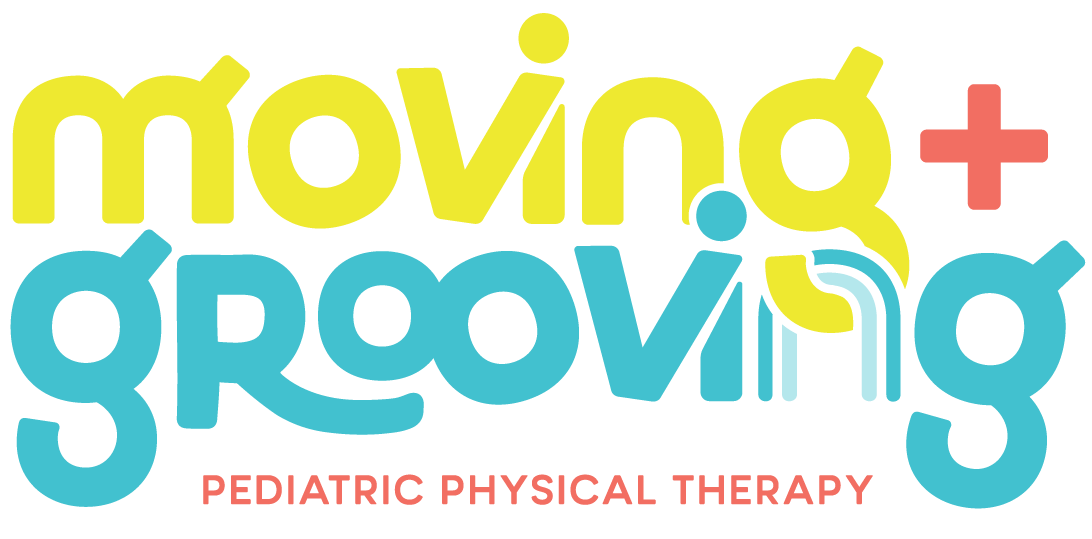IMPORTANCE OF CAREGIVING IN CHILD DEVELOPMENT
The role of caregiving holds a profound importance in shaping the developmental trajectory of children. Caregivers, whether parents, family members, or professional caregivers, play a pivotal role in nurturing a child’s physical, cognitive, emotional, and social growth. The significance of caregiving in child development is multifaceted and far-reaching, encompassing various dimensions that contribute to a child’s overall well-being and potential.
- Secure Attachment: Caregivers form the foundation of a child’s sense of security and attachment. Consistent and responsive caregiving creates a safe and nurturing environment where children can form secure attachments. These attachments serve as a blueprint for future relationships, influencing emotional regulation and social interactions.
- Brain Development: Early childhood is a critical period for brain development. Caregivers stimulate a child’s cognitive growth through interactions, conversations, and sensory experiences. Positive caregiving experiences during this phase can enhance neural connections and lay the groundwork for future learning and problem-solving skills.
- Language Acquisition: Caregivers significantly contribute to a child’s language development. Engaging conversations, storytelling, and exposure to rich language environments shape a child’s vocabulary, language comprehension, and communication skills.
- Socialization and Emotional Development: Caregivers model social behaviors and emotional expressions, teaching children how to interact with others and manage their emotions. Positive caregiving interactions foster empathy, resilience, and emotional intelligence.
- Self-Regulation: Caregivers help children develop self-regulation skills by providing consistent routines, setting boundaries, and teaching coping strategies. These skills are vital for managing emotions, focusing attention, and adapting to different situations.
- Exploration and Learning: Caregivers create opportunities for children to explore their surroundings and engage in learning. From playing with toys to discovering the outdoors, caregiving experiences facilitate hands-on exploration and foster curiosity.
- Cultural and Moral Values: Caregivers transmit cultural values, traditions, and ethical principles to children. Through storytelling, shared experiences, and moral guidance, caregivers contribute to a child’s understanding of their cultural identity and the values that shape their character.
- Physical Health and Nutrition: Caregivers are responsible for meeting a child’s basic needs, including nutrition, hygiene, and healthcare. Proper caregiving practices ensure children’s physical health and well-being, supporting their overall growth and development.
- Confidence and Independence: Positive caregiving experiences empower children to develop a sense of confidence, autonomy, and independence. Encouraging safe exploration and providing opportunities for age-appropriate decision-making contribute to a child’s self-esteem.
In summary, caregiving in child development is a dynamic and multifaceted process that influences every aspect of a child’s growth. Caregivers provide the nurturing foundation upon which children build their understanding of the world, relationships, and themselves. By recognizing the profound impact of caregiving, individuals and society at large can work towards creating supportive environments that foster optimal child development and well-being.
